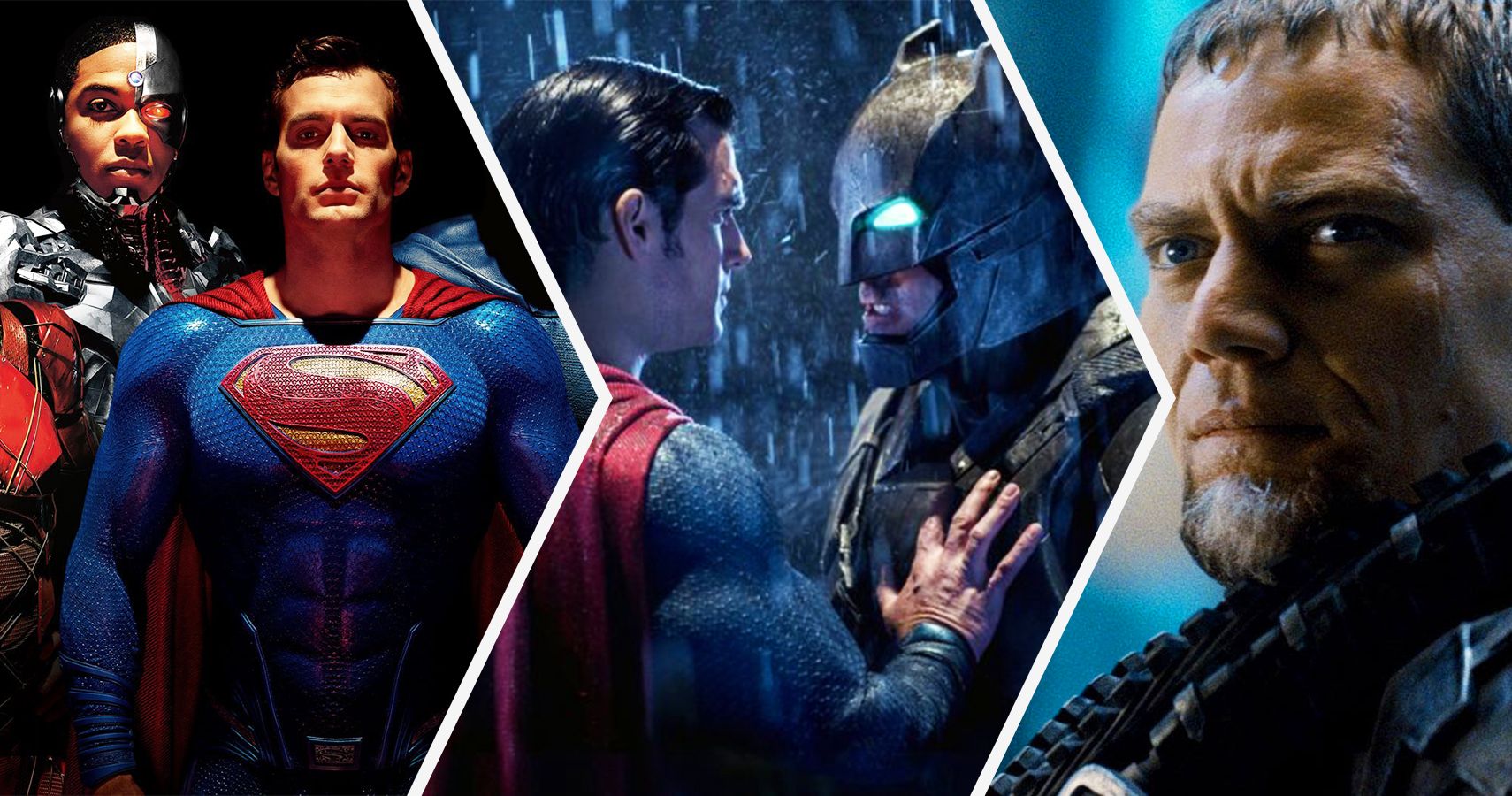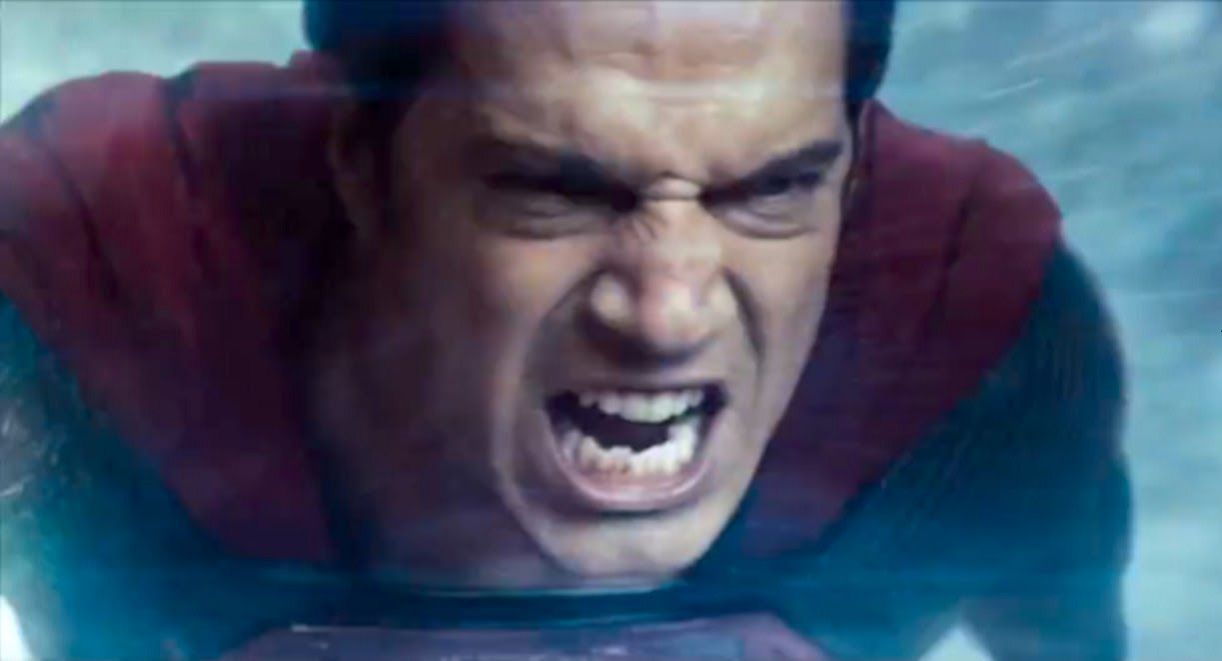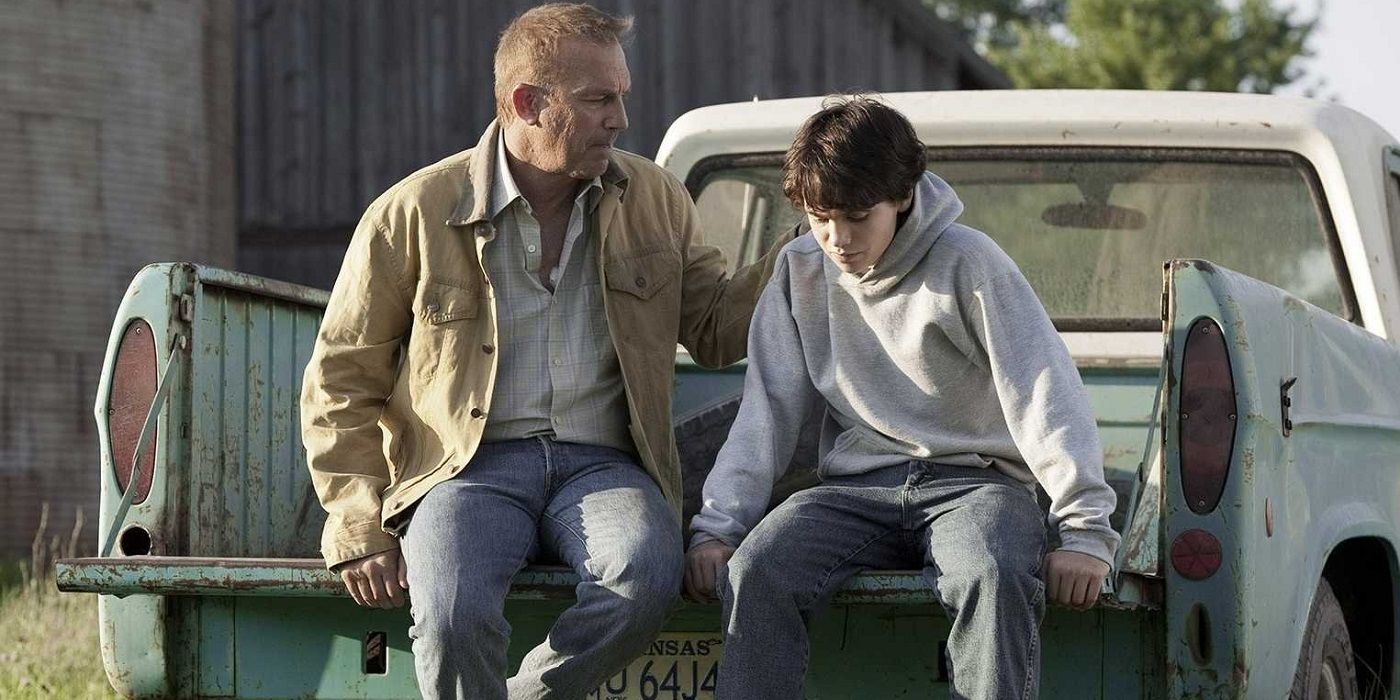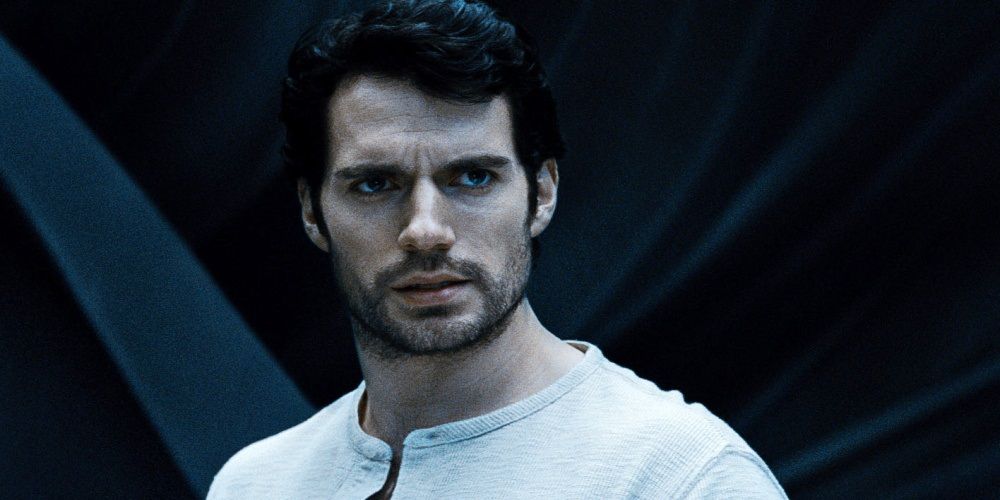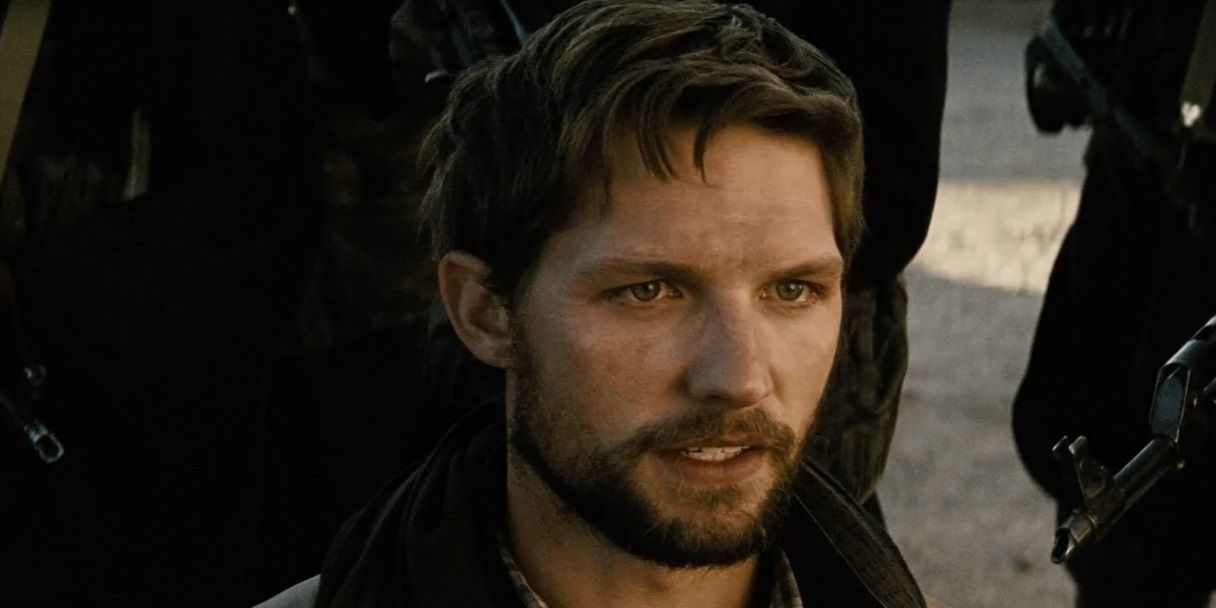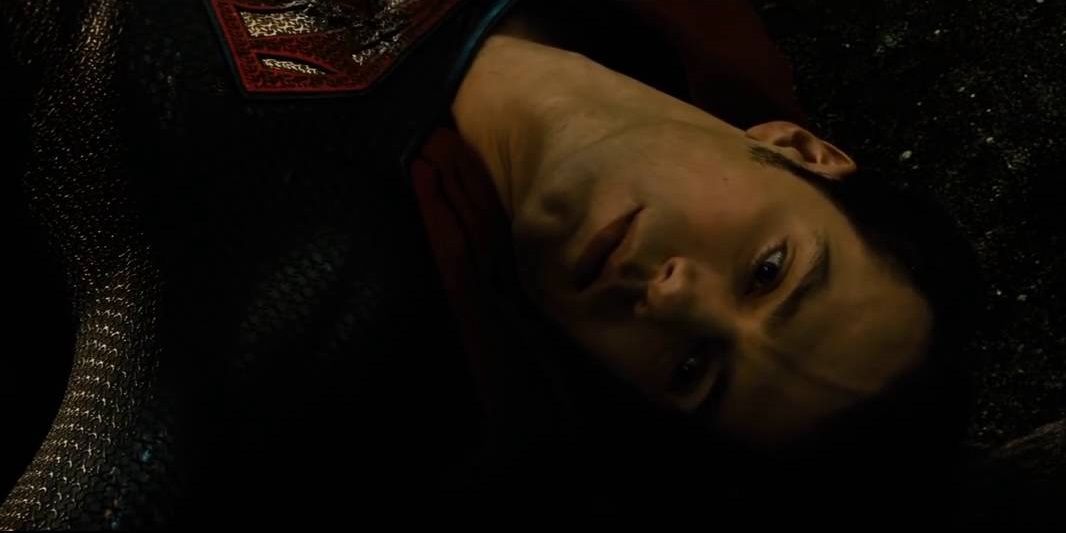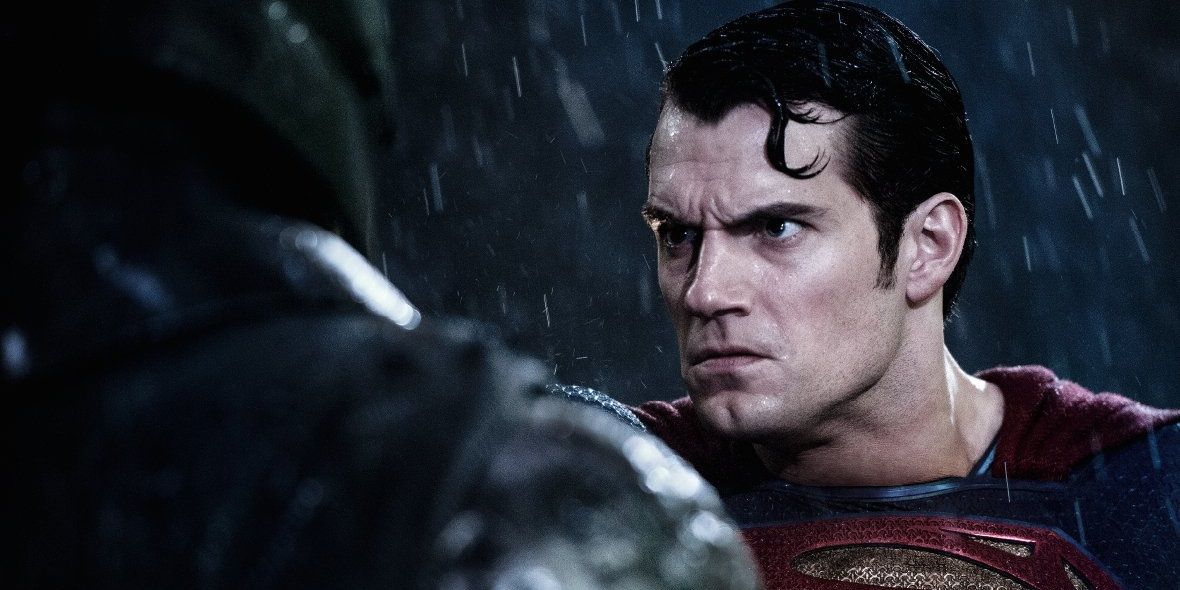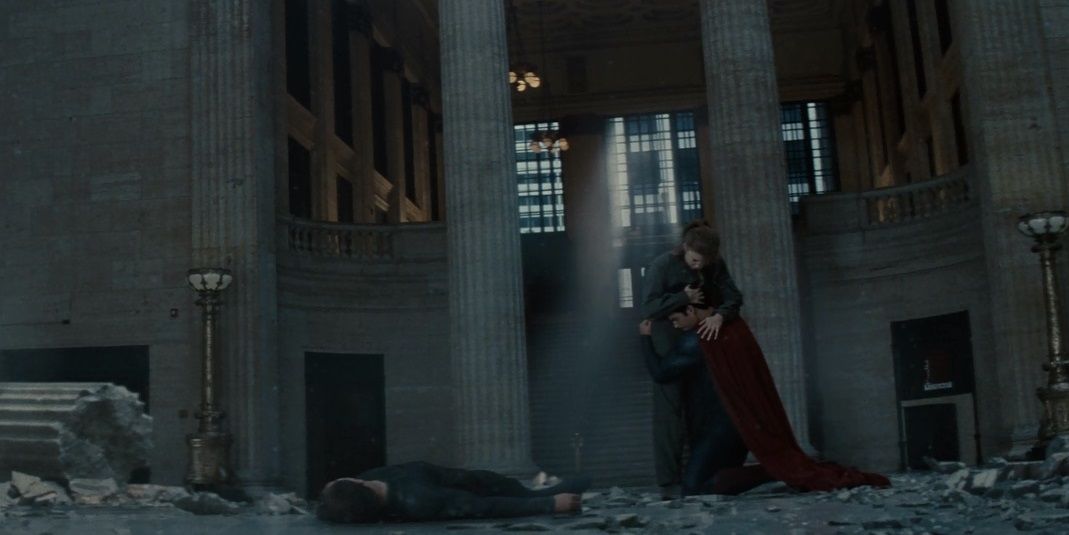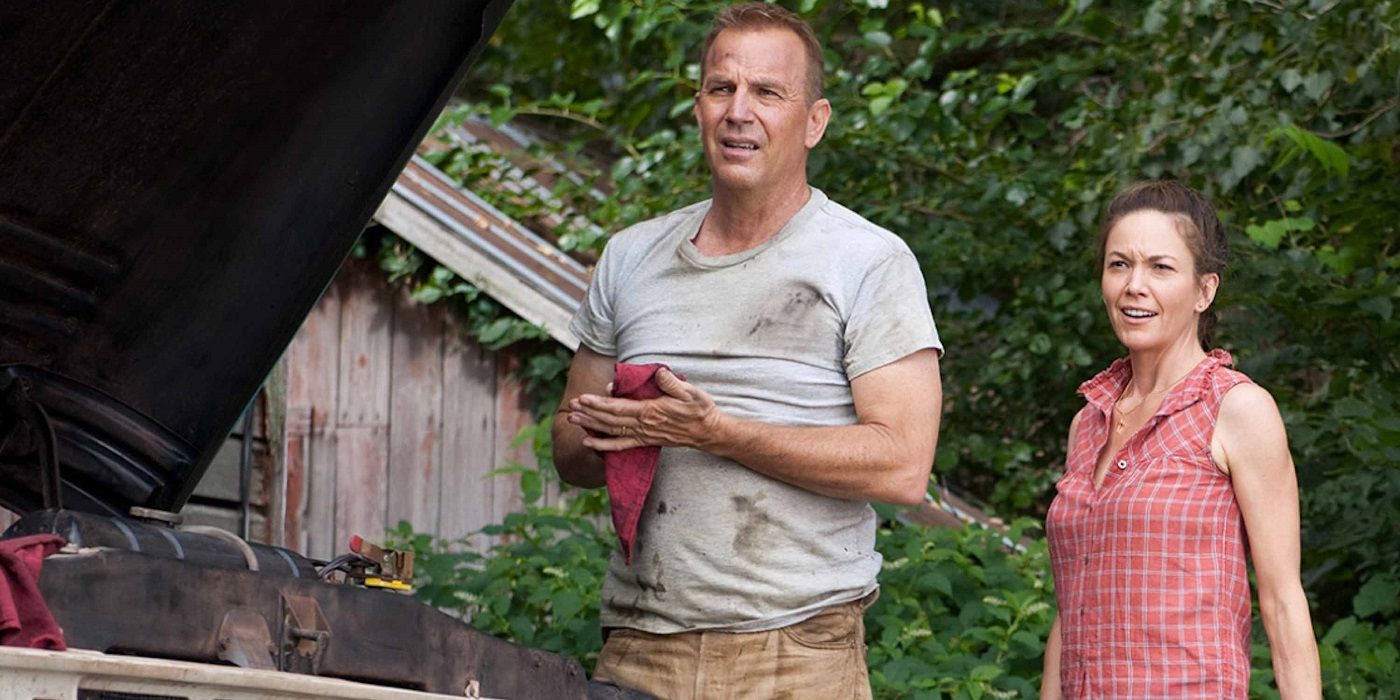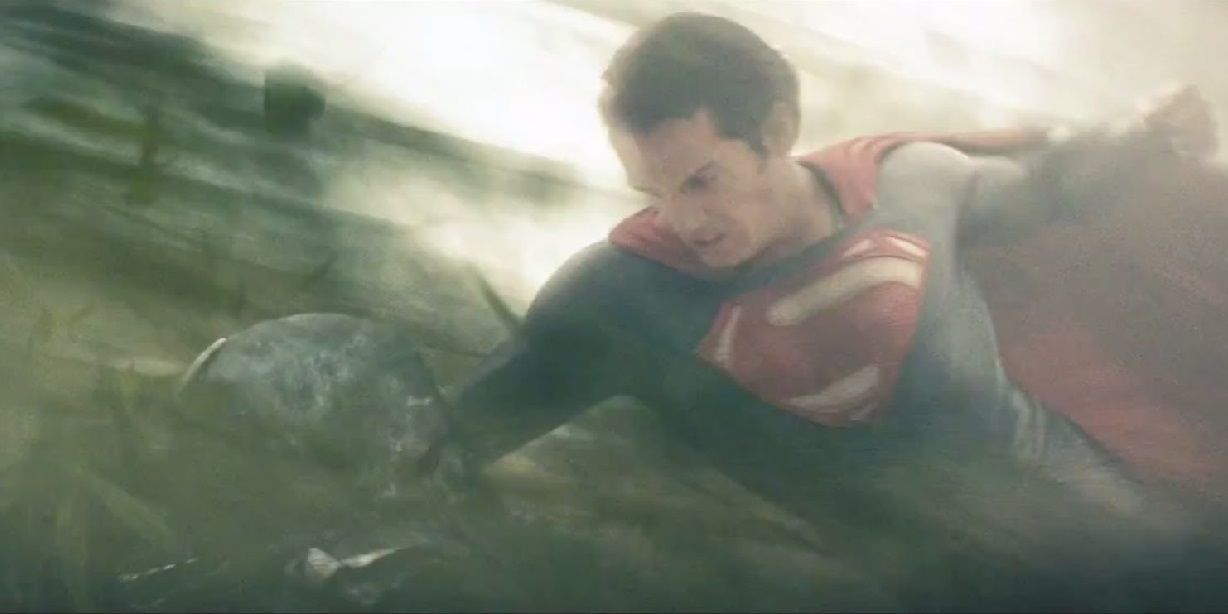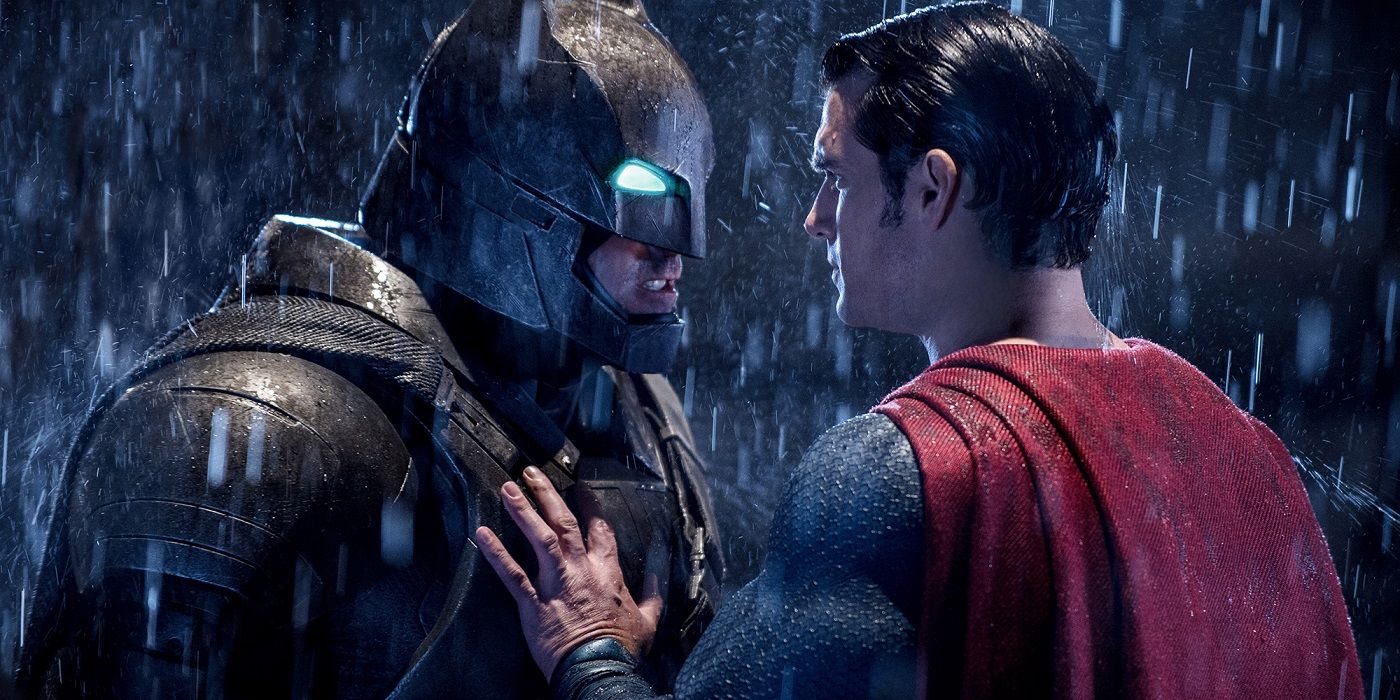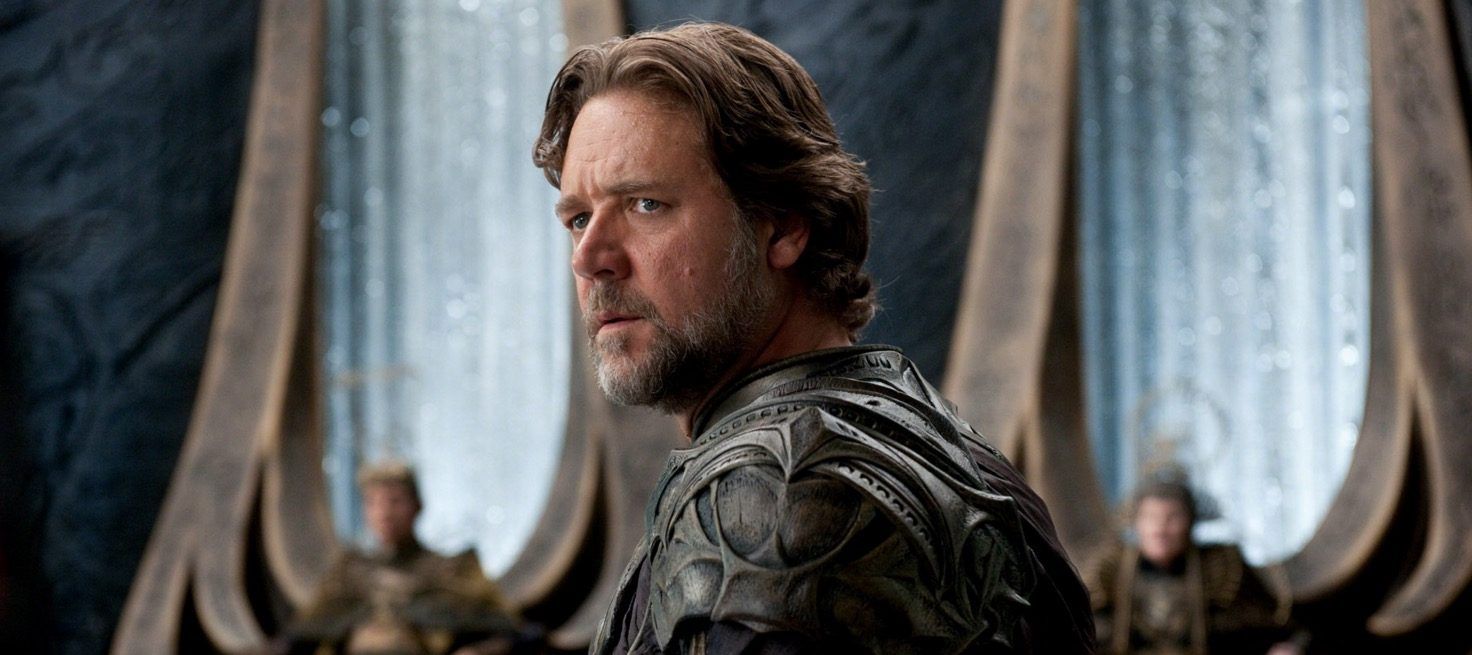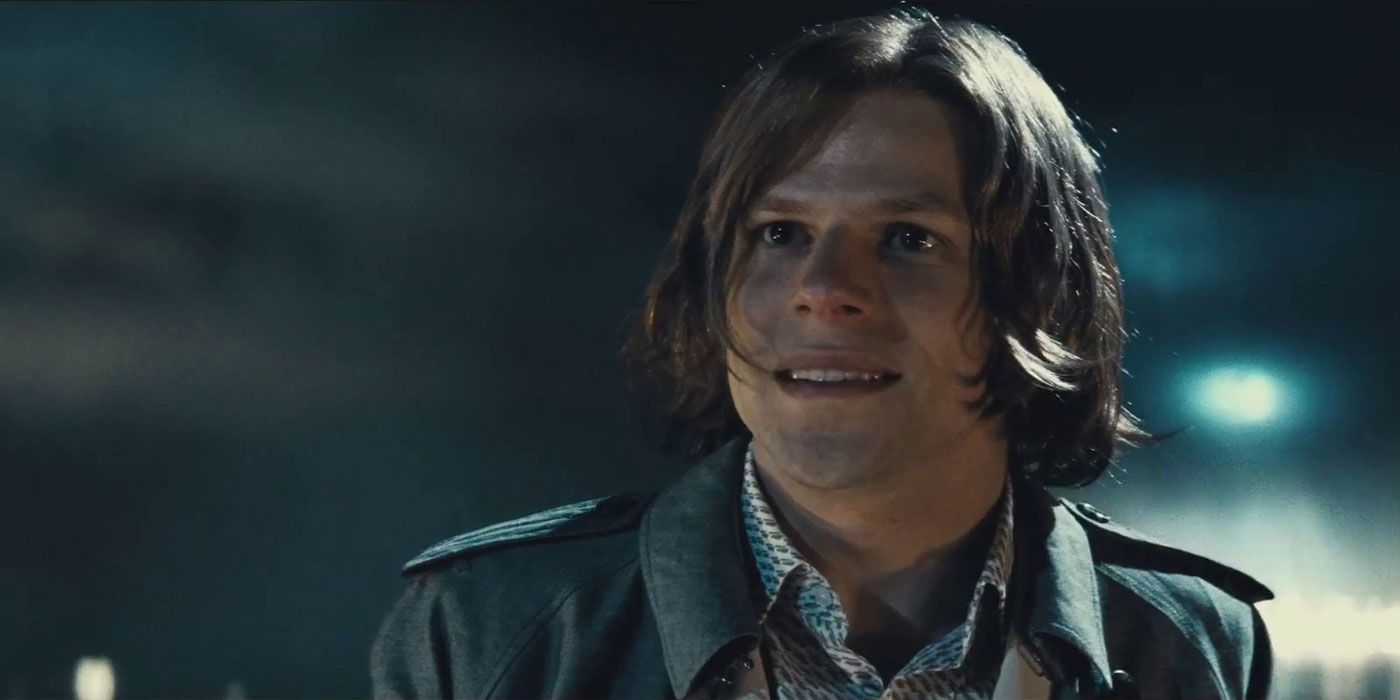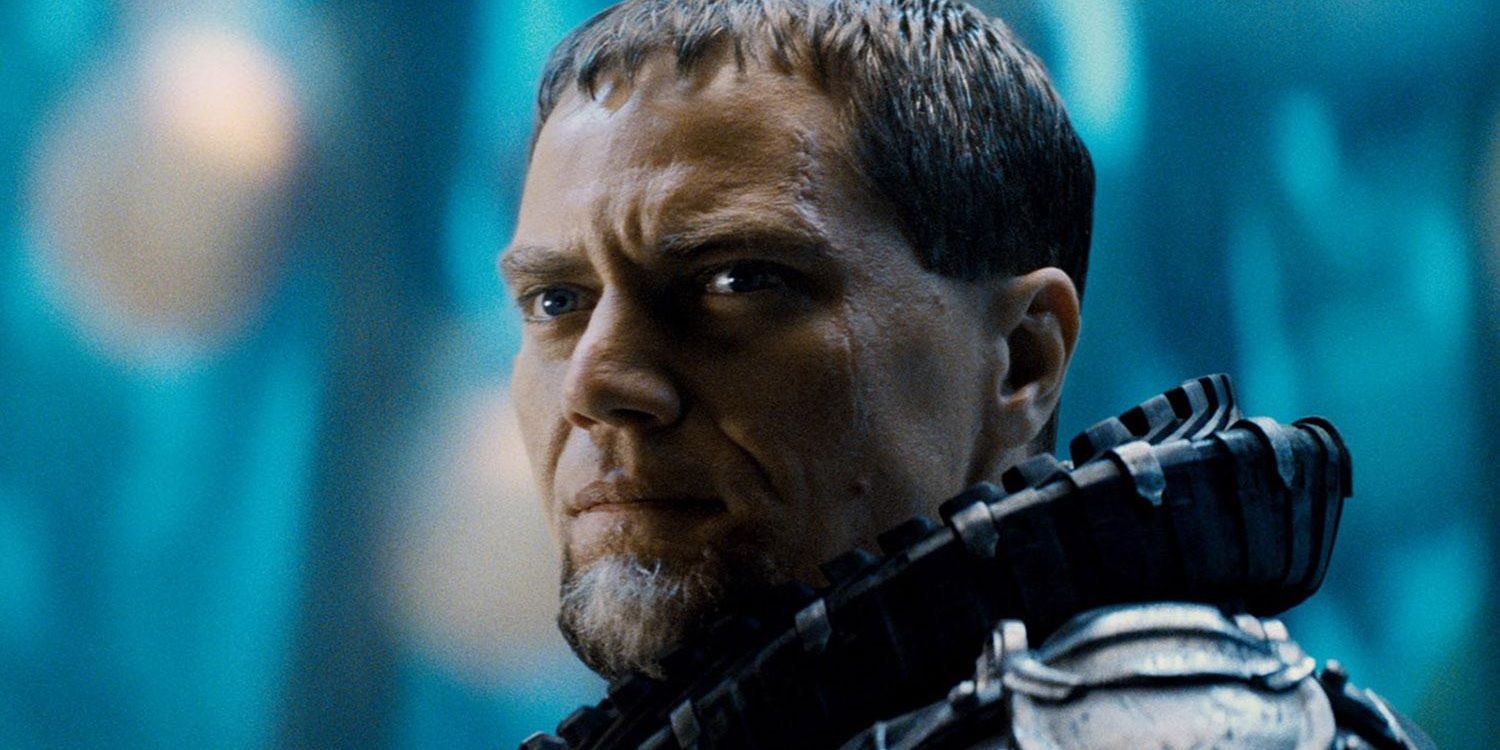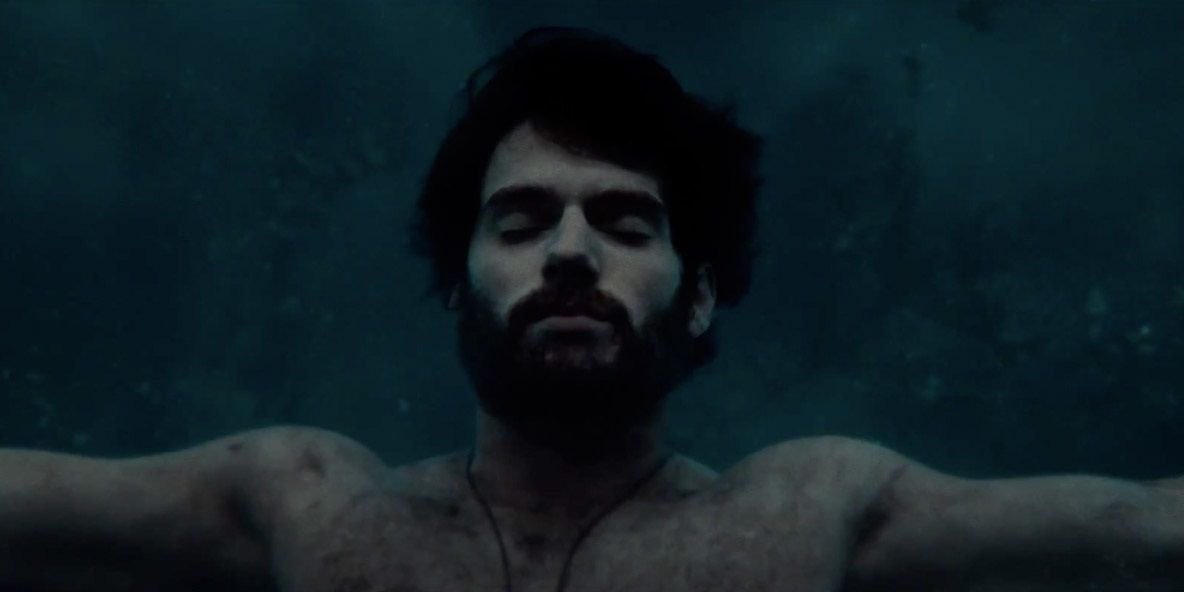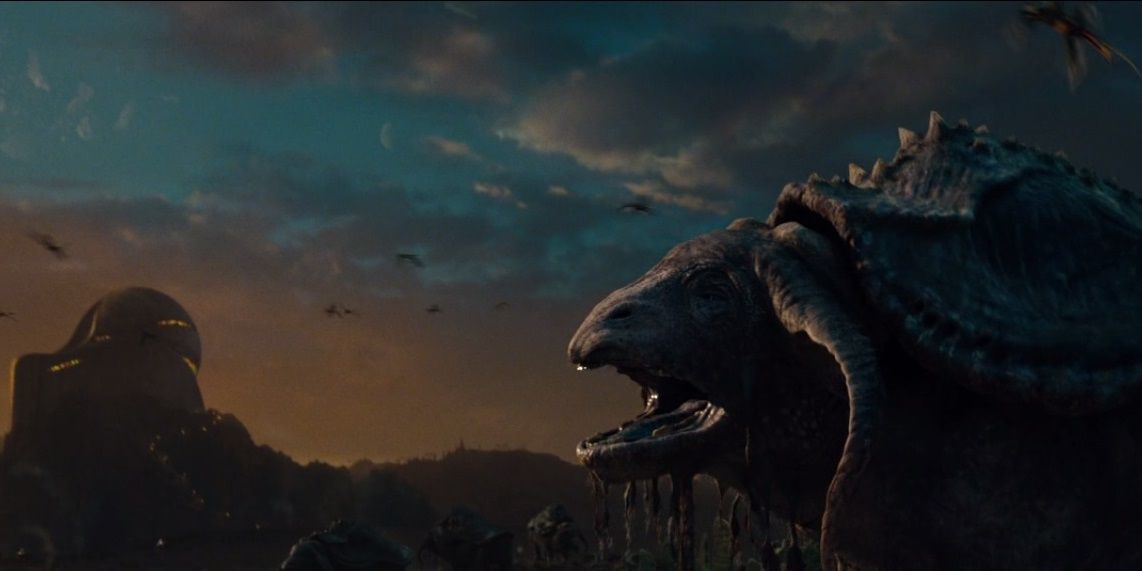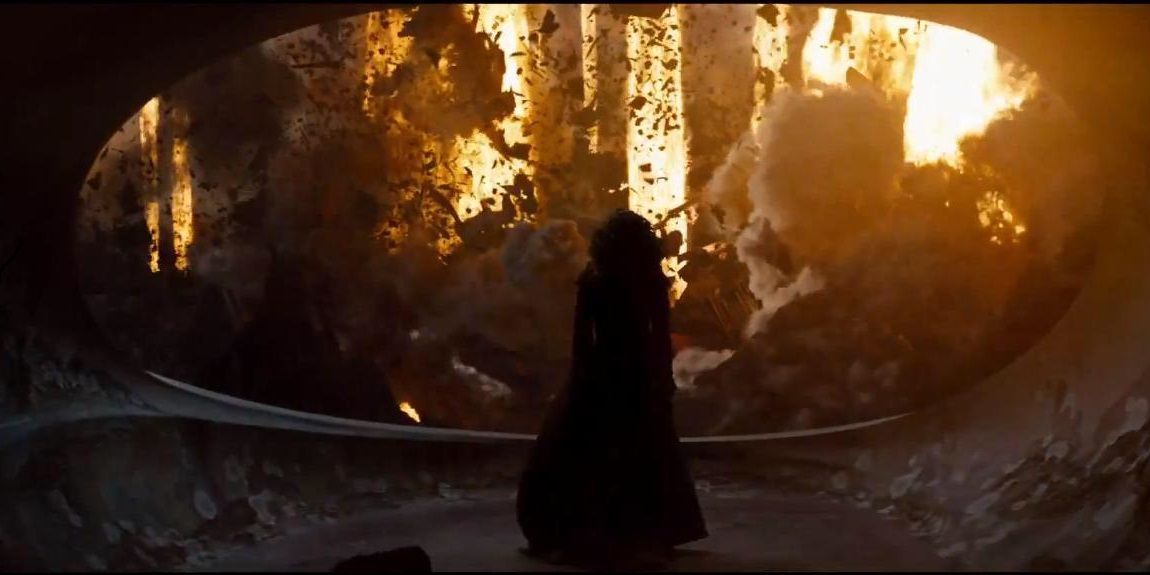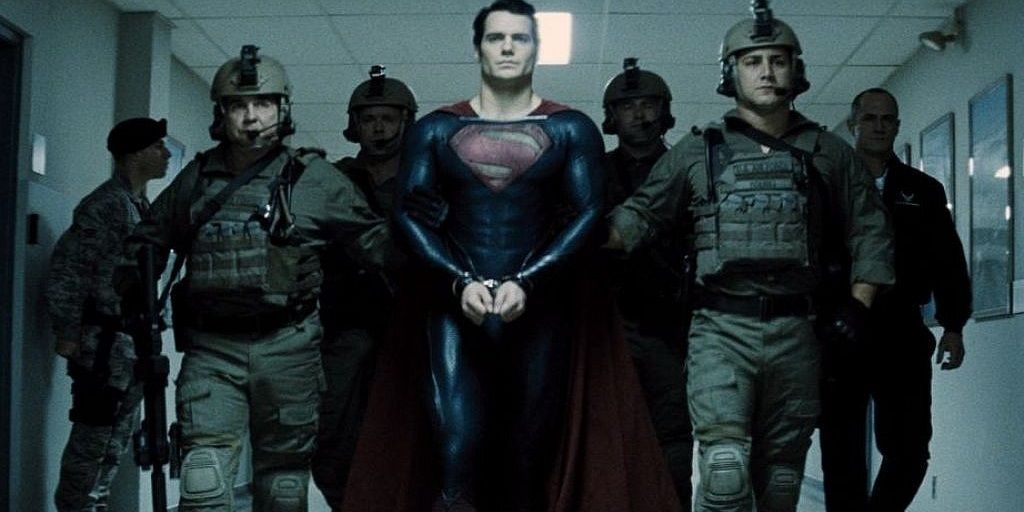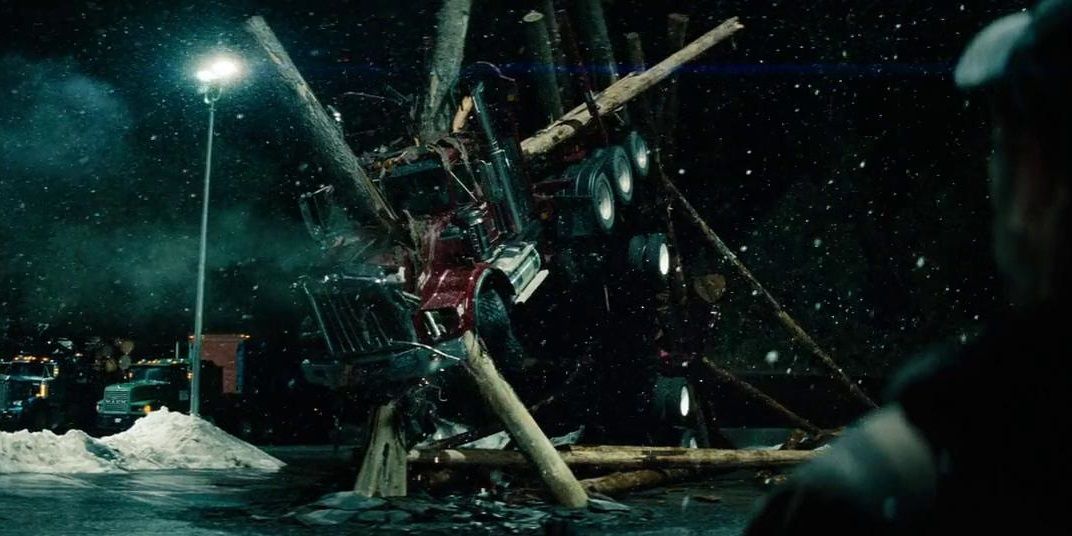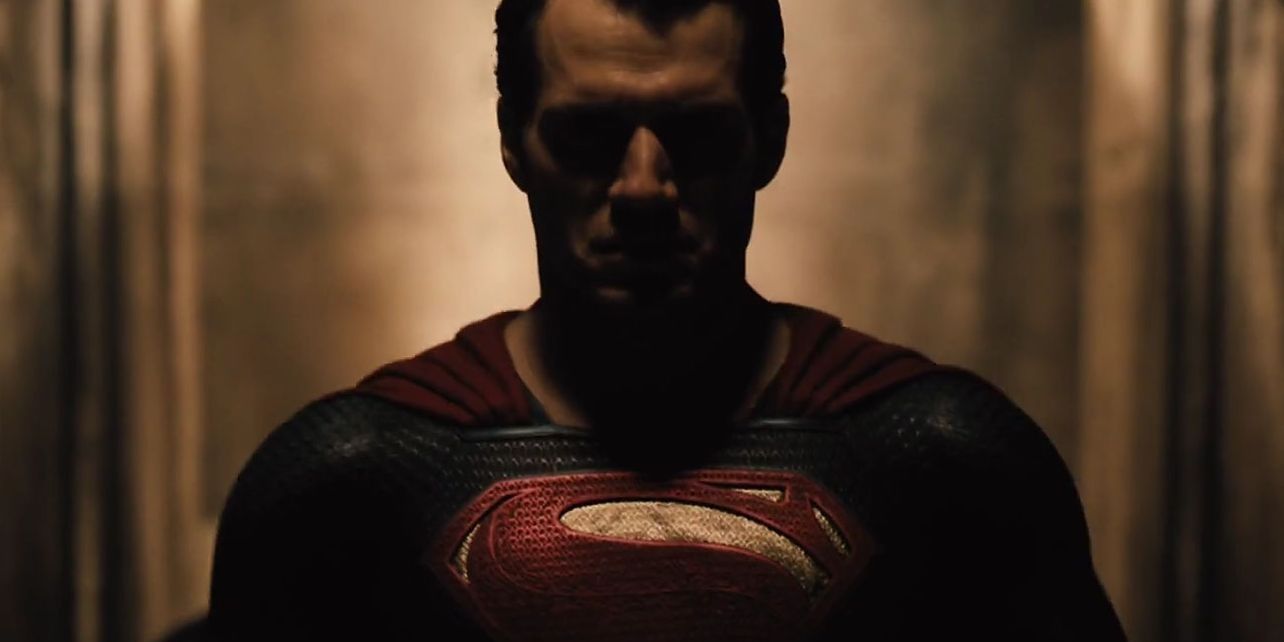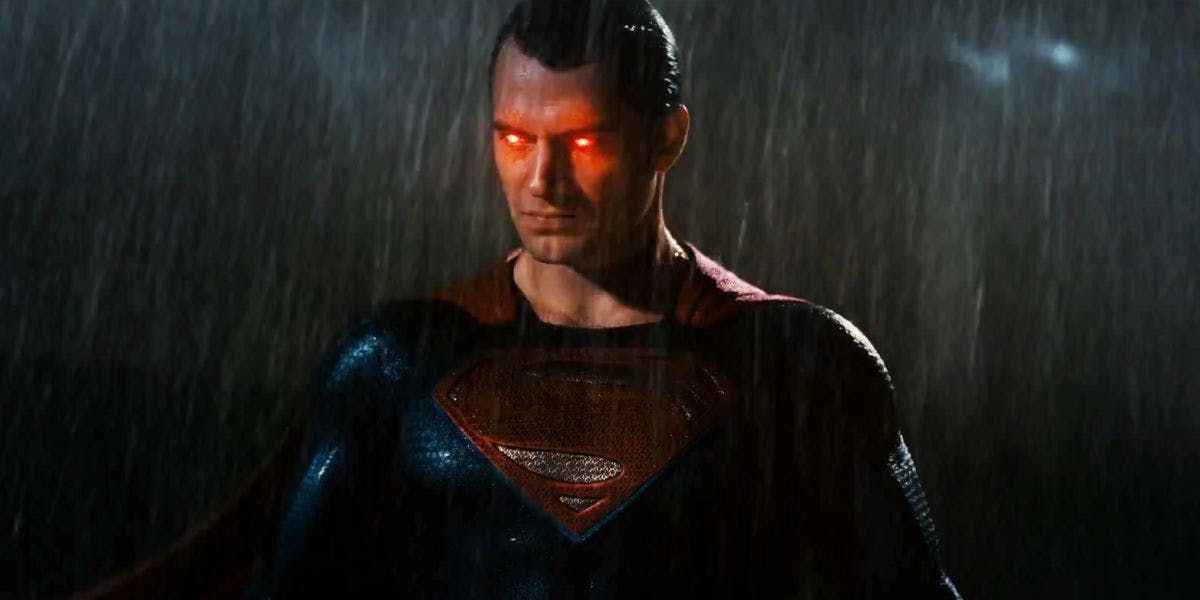The DC cinematic universe spearheaded by Zack Snyder is still in its relative infancy, but it has been polarizing audiences since the very beginning with 2013's Man of Steel. Some fans love Snyder's interpretation of Superman, while others feel that the beloved comic book character has appeared in the blandest superhero films in recent years. Regardless of opinion, everyone can agree that some aspects of the movies accurately capture the character and lore, while others fall flat, making the viewer feel like they are barely watching a Superman film.
Where this list gets tricky is that certain choices by Snyder and the filmmakers are loathed by some viewer, but adored by others. It's important to remember that many of the entries ultimately boil down to opinion; for every valid argument about what the films get wrong about Superman, there is most likely an equally rational rebuttal.
At the end of the day almost everyone loves the nearly eighty year-old superhero and Zack Snyder's films got people thinking critically about the character in ways they have not done in years, which is always a good thing.
Without anymore dilly dallying, here are 10 Things Zack Snyder Got Right About Superman (And 10 Things He Didn't)
Right - His True Strength
Richard Donner's 1978 epic Superman made you believe a man can fly, and was able to relay an incredible sense of speed to movie-goers almost forty years ago. However, the plot did not give the hero an opponent of equal or greater strength to really duke it out with. In the film's 1980 sequel, the character faces off against General Zod, but the limitations of the time prevented a truly believable confrontation.
Finally in Man of Steel, Zack Snyder gave viewers a true display of Superman's brute strength.
When he battles General Zod in the final battle, they throw each other through buildings and wreak havoc on Metropolis. The damage done to the city is horrific, but it really cements just how much destruction the Kryptonian can cause when he isn't restraining his powers.
Wrong - His Motivation To Become Superman
Adventures of Superman started its run in 1952 with a strong pilot episode called "Superman on Earth". This episode differs from other origin stories since there are no messages from Jor-El that set Kal-El on the path to becoming a superhero. Instead, his altruistic calling is inspired Martha and Jonathan Kent.
Zack Snyder almost removes this part of the character entirely, despite the Kents playing a significant role in the recent films. Superman is constantly being reminded by Jor-El that he is sent to earth to save them and it is his fate to do so. Sometimes, the character even seems reluctant to take on his role as savior.
Fate and destiny always factor into Superman's decision to put on the suit, but they are not the only reasons he becomes who he is.
Right - Casting Henry Cavill
Many actors have played the legendary character over his over sixty year history in movies, and several have delivered timeless performances. George Reeves will forever be the idealistic hero kids can look up to, Christopher Reeve captured the true look and hopeful attitude of the character, and Brandon Routh was lucky enough to look like Christopher Reeve.
Needless to say, Snyder had to be careful in who he cast for the role in the film.
Fortunately, Henry Cavill was a man who proved to be truly dedicated to the role. He got his body into top physical shape and his performance is different enough from previous actors to stand on its own. Maybe the scripts don't always give Cavill the best material to work with, but he is always believable as a supremely powerful being.
Wrong - Sidelining Jimmy Olsen
Superman's friends consist of a large cast of characters, and it is understandable that they cannot all be fit into one film. However, what Snyder did to Jimmy Olsen is almost unforgivable.
Olsen was an integral part of the Adventures of Superman and played a supporting role in Richard Donner's film. In Batman v Superman: Dawn of Justice, Olsen is a CIA operative disguised as a photojournalist who passes away in the very beginning of the movie.
In the theatrical cut, he is not even referred to by name.
Nobody would blame Zack Snyder for leaving Jimmy Olsen out of the DC cinematic universe. If the character doesn't fit into the film, there is no need to shoehorn him in, but immediately doing away with him after he is introduced is tasteless.
Right - His Internal Conflict
Previous incarnations of the character have been unwavering in their dedication to mankind. This interpretation is important to have and hold onto, since one must cling onto hope no matter how dark things may seem. Snyder decided to add another dimension to the character, and his Superman is made more unique and interesting for it.
In the recent movies, Superman is not always sure of his place in the world and his role as mankind's savior.
In some ways, this makes the character more relatable and cements the Jesus allegory that it goes for. In The Bible, despite being the son of God, Jesus had doubts about his destiny and whether his sacrifice would be worth it, similarly to Superman. The character can be both a divine beacon of hope and have doubts at the same time.
Wrong - Overly Dark Tone
When somebody watches a Superman film, it should inspire them with a feeling that they too can do amazing things. Man of Steel and BvS don't inspire action as much as they make you thankful that Superman doesn't exist in real life, as every fight he engages in would destroy entire cities.
This point may seem contradictory to other ideas on this list, but remember that a movie can have a light tone while still being able to get dark when it needs to. With an oppressive tone from the offset and with nothing contrasting it, the mood becomes exhausting, and the story quickly becomes boring. If certain parts of Man of Steel were more lighthearted, the darker moments could be more heavily appreciated.
Right - Ending Zod
This one will probably attract its share of detractors, but Superman dispatching General Zod at the end of Man of Steel's climactic battle was a smart decision by Snyder to truly demonstrate Kal-El's value for life.
The victory is a better way to end the battle then the clichéd trope of the hero besting the villain and sparing him, instead of ending his life.
In situations like this, it is easier for the hero not to end the antagonist, and does not communicate anything important to the audience. For the 2013 movie, Superman had no choice in order to save lives, and even still the decision makes him break down. Not only did he take a life, but it was one of the last Kryptonians'.
Wrong - Portrayal Of The Kents
The Kents are always a vital part of Superman's life, no matter which origin story is looked at. Martha and Jonathan raised him and provided a moral compass, like most parents do for their children. However, the Kents give Henry Cavill's Superman some questionable advice in his debut film.
When teenage Clark Kent saves a bus full of his classmates after it drives off a bridge, Pa Kent suggests that it may have been better to leave them to their fate rather than risking his powers being exposed to the world. Then, Ma Kent lets her adopted son know that it would be okay if he abandoned the cape and lived a normal life.
These two examples run in direct contrast to other versions of the Kents, who constantly encourage Superman to use his powers to help the human race.
Right - The Action
Action is not the most important part of a comic book adaptation, but audiences still want to see their favorite heroes flex their muscles, and Zack Snyder's films gloriously deliver in this respect.
In prior films and shows about the world's favorite alien savior, it was difficult and nearly impossible for the action to be believable, so it was often slowed down or left out entirely. This was often due to budgetary or technical reasons.
These interpretations were still great, but with the new films we see Superman really let loose.
Even the far less beloved BvS has incredible fight scenes, though as the next entry will point out, it may be a challenge to stay awake to see them.
Wrong - The Pacing Of Batman V Superman
In 2016, the world was finally treated to a follow-up for Man of Steel titled Batman v Superman: Dawn of Justice. The film has its fare share of fans, but it mostly underwhelmed critics, moviegoers, and the box office (though it was far from a flop).
The theatrical cut of the movie is two and a half hours long, and is filled with unnecessary plot lines that lead to revelations the audience already knows, and a final battle that drags on for far too long. The Blu-Ray release features a three-hour director's cut which helps clear up the muddiness of the many intertwining arcs, but also moves the story along even slower than the original cut.
There are plenty of good ideas in BvS, but its redeemable qualities get lost in its abysmal pacing.
Right - Russell Crowe As Jor-El
It's difficult to cast a character who was previously played by one of the most iconic and influential actors to ever walk the earth.
Marlon Brando is considered one of the first people to bring realism to acting, and even though his later career was marred by his ridiculous eccentricities, he still delivered a memorable performance as Superman's biological father. For the new Jor-El in Man of Steel, Snyder cast Australian actor Russell Crowe, who has already cemented his acting legacy with his roles in Gladiator, L.A. Confidential, and A Beautiful Mind.
Crowe's version of the character is a little more grounded and fits in perfectly with the movie's world.
Brando had no choice but to be grandiose with his Jor-El, already being a living legend by 1978.
Wrong - Lex Luthor
Snyder's casting choices were commendable for the most part, but one character he really dropped the ball on was Lex Luthor, and his choice to have Jesse Eisenberg play the iconic villain.
Eisenberg spends the duration of BvS doing an embarrassing Joker impression, becoming one of the weakest parts of a mediocre film to the point that it's almost impressive. Luthor on film has always been flamboyant, but the former The Social Network star's overuse of awkward idiosyncrasies quickly becomes tiresome.
His actual role in the plot of BvS is needlessly complicated and could have used some streamlining, much like the rest of the film. They also left out his origin story, where his hatred for Kal-El is fueled by Superman causing him to go bald in an attempt to save his life, and that's just blasphemous.
Right - Michael Shannon As General Zod
Much like with Jor-El, Snyder had to be cautious in his casting decision for General Zod, who had already been delightfully hammed up by Terence Stamp for Superman II. In fitting with the new style, Snyder tactfully cast Michael Shannon to deliver a more sympathetic and tragic General Zod.
The original Zod is entertaining to watch, but the new incarnation adds layers that make his motivations more relatable.
Terrence Stamp's Zod is portrayed as a dictator who conquers for the sole purpose of being worshipped and revered. The Modern Zod's first priority is the survival and continuation of the Kryptonians. It's easy to feel the pain and desperation of the villain, creating a compelling dilemma for the hero, who must decide between the survival of his species or his adoptive home.
Wrong - Going Over The Top With Religious Symbolism
In Snyder's defense, he is far from the first to director use religious symbolism for the character. Who can forget Brandon Routh falling from the sky in a crucifixion pose after throwing an island into space during Superman Returns? Allegories to Christianity and Jesus are common in Superman stories, but where Snyder goes astray is the overuse of said symbolism.
During the film, Superman once again assumes the Christ on the cross pose. His father reveals he is the first natural conception on Krypton in many years, his age in the movie is said to be thirty-three, and his fathers and him are akin to the holy trinity of the Christian faith.
It's important to have symbolism in a movie, but when it distracts from the movie's own unique story, then it may be time to tone it down.
Right - Krypton's Aesthetic
Zack Snyder's films generally have a unique look that separates them from other big blockbusters. Whether people like it or not, it's important for a filmmaker to have their own signature style. This design is present throughout the entirety of Man of Steel, but where it really shines is during the first act depicting the destruction of Krypton.
Superman's birthplace is a beautiful sight to behold. The tremendous detail packed into every scene makes the planet feel like a living place with more stories to tell than there is time in the film. Previously, the planet was given an ethereal quality.
The modern Krypton looks more like a legitimate alien planet than Heaven.
Fans can currently see more of the world on the TV series Krypton, which premiered on March 21st, 2018.
Wrong - Never Seeing A Peaceful Krypton
It has been established that Krypton is a gorgeous setting in the modern films, and there is a decent amount of time spent there. However, it is detrimental that audiences do not get to see a peaceful Krypton before it descends into war and destruction.
The Kryptonians are supposed to be a highly intelligent and advanced race, especially when compared to humans. Without even a small slice of what regular life on Krypton is, it is difficult for audiences to know this without having prior knowledge of the lore. In addition to that, the tragedy of the planet's annihilation is not as severe when it is only ever seen in the movie on the verge of collapse.
If viewers saw a peaceful Krypton before its demise, the tragedy of the loss would have felt far greater than it was.
Right - The Government's Reaction To Superman
The impetus behind every decision for the new Superman was the question: what if he were to really exist in our world? It's truly impossible to know what that would be like, as this world thankfully doesn't have flying demigods in capes.
It's safe to say though, that the government's reaction wouldn't be vastly different from how they responded in the movie.
To the military, this unknown figure is an alien and cannot immediately be trusted to have humanity's best interest in mind, and are they unreasonable to think this way? When faced with the unknown, the government tends to assume hostility rather than amiability, and a government's first responsibility is to the safety of its own citizens before anything else.
Wrong - Superman Is Selfish
This one has room to rectify itself in future films if the character continues to grow, but as of now the modern movie Superman is more selfish than any other version that came before.
The hero should be selfless and fully dedicated to the well-being of others around him, especially in a franchise that plays heavily into the Christ allegory. However in Man of Steel, we see him decimate a man's truck after a confrontation in a diner, destroy an extremely expensive piece of military equipment, and cause collateral damage during his fight with Zod instead of doing his best to avoid civilian casualties.
With all this being said, the character is still new at being Superman and may develop as more films are released.
Right - The Depiction Of A World Without Superman
Some critics may contend that it was way too soon to have the legendary hero pass away at the end of BvS, and that such a big event should have been reserved for a later film. Though this argument is understandable, it does lead to a fantastic opening of the Justice League which showcases a world mourning Superman's loss.
In such a universe, his demise would seem like the end of the world, delivering a devastating blow to humanity.
The dreary tone clearly communicates why it was so vital for Batman and Wonder Woman to form the Justice League in his absence. Admittedly, this would have been much more effective if the prior two films were more lighthearted.
Wrong - The Drab Color Palette Of The Movies
Superman and his world look wonderful with marvelous costumes and eye-popping scenery, but there's one element blanketed over the whole series that detracts from all of the beauty - the colors.
Every moment is made to look bland with toned-down colors that were chosen to match the dark and gritty tone. A quick gander at behind the scenes photos will show that many of the costumes consist of much brighter tones. Contrasting the light look with the dark story would have made for a more interesting experience all around.
For a great example of this, one need only look at Richard Donner's Superman. It is a bright and spectacular looking movie that also dwells upon the same questions that the current movies ask, and most of that film still holds up to this day.
---
What do you love and dislike about Zack Snyder's Superman? Let us know in the comments!

